France
During the ongoing trial in Paris of retired doctor Sosthène Munyemana, accused of genocide and crimes against humanity during the 1994 Rwandan genocide, his defense has been characterized as a web of deceit.
Munyemana, now 68 and residing in southwestern France since 1994, is facing life imprisonment for his alleged involvement in the massacres that claimed over 800,000 lives.
The prosecution contends that Munyemana played a role by supporting the interim government established after the attack on Hutu President Juvénal Habyarimana's plane.
It is alleged that he signed a motion encouraging the killings and participated in setting up barriers and patrols in Tumba, where individuals were arrested and subsequently killed. Moreover, he is accused of holding the key to an office where Tutsi were detained before execution.
Throughout the trial, Munyemana consistently denied these charges, portraying himself as a moderate Hutu who attempted to protect Tutsi by offering them refuge in the sector office. However, lawyers for the civil parties argue that his defense is implausible, asserting that he had actively participated in the unfolding violence.
One of the lawyers, François Epoma, noted Munyemana's attempts to create a narrative where he was oblivious to the events in the country, describing it as a world where he "did not listen to the radio, did not look outside, and did not feel the violence growing." This portrayal, however, has been met with skepticism from multiple legal perspectives.
"Justine Vinet, counsel for the International Federation of Human Rights (FIDH), argued that Munyemana, an "academic gynecologist," was fully integrated into public and political life in Rwanda, dismissing his claim of ignorance.
The defense's insistence that Munyemana was unaware of the government's message has also been challenged by Hector Bernardini, a lawyer representing the Survie association, who questioned whether Munyemana could be the only citizen oblivious to the government's actions, given his active support for the interim government.
As the trial nears its conclusion, the public prosecutor's office is set to present its submissions on Friday, with the defense pleading on Monday. The verdict is anticipated on Tuesday.



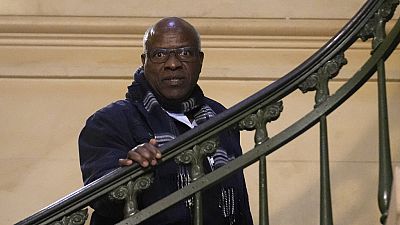

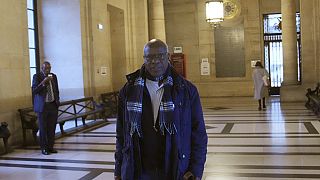
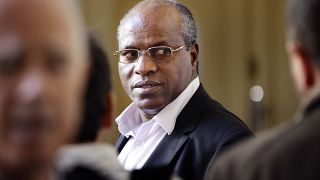
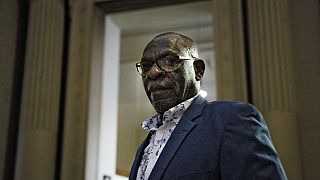
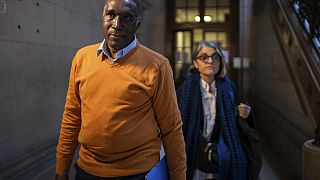


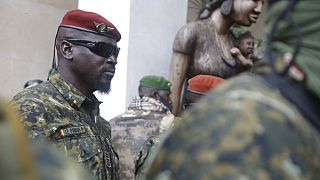
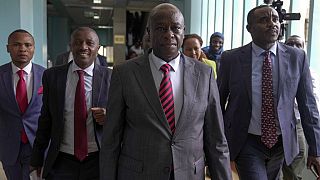
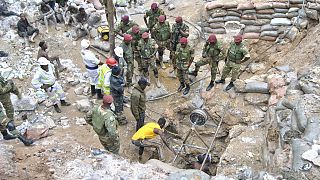
Go to video
South Africa accuses Israel of genocide in legal claim to UN court
01:16
France accused of 'complicity' in Rwanda's 1994 genocide
Go to video
Rwandan genocide survivors describe the 1994 mass killings at a Paris trial
01:09
Congolese army announce they have taken back control of DRC's Kalembe, M23 rebels deny
01:35
WHO chief in Kigali as Rwanda moves closer to “stopping Marburg outbreak”
02:03
Protesters in eastern DRC denounce Rwanda and rebel negotiations